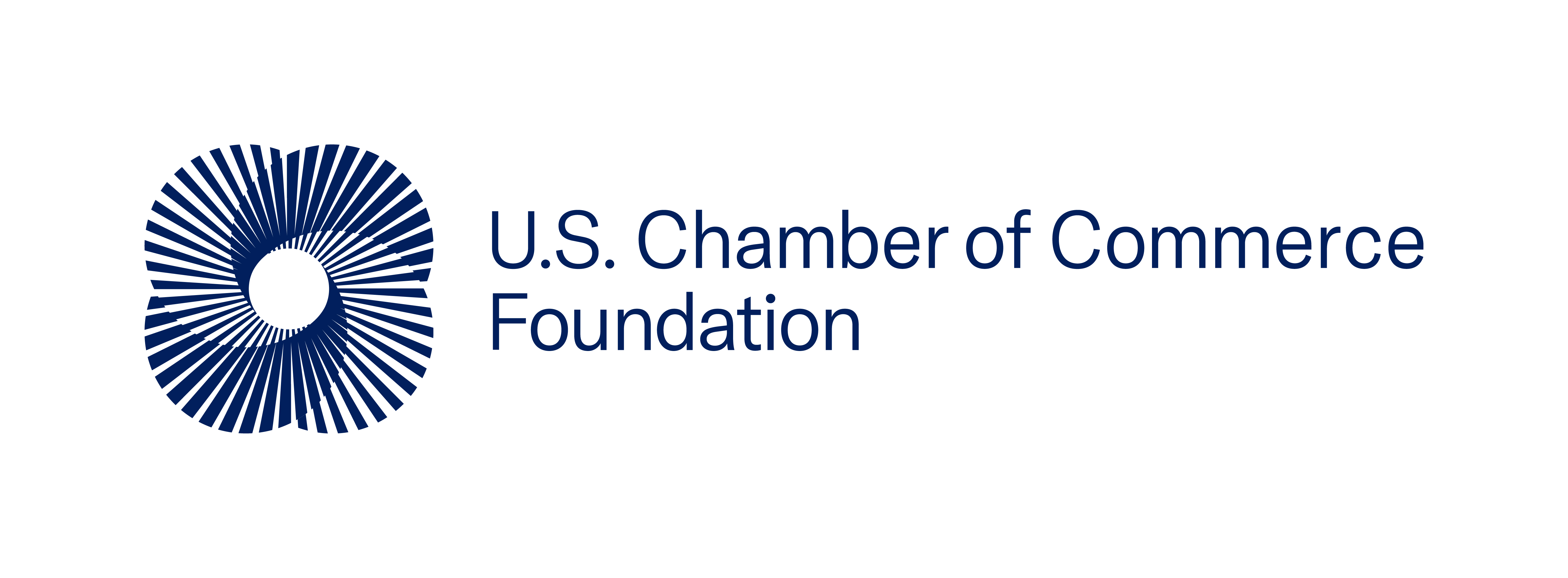Welcome to the New Economy

The traditional linear take-make-dispose economy—where resources are extracted from the ground, made into products, and thrown away—helped us as a society make great strides in the 20th century. But as our global population swells (9+ billion by 2050!) and our finite resources become more constrained, a new path forward is needed.
Businesses that want to remain competitive and innovative are turning to a new economic model, one that benefits the environment and their bottom line. This new economy taking the business community by storm? The circular economy.
Why is the circular economy so appealing to the business community, cities, and governments? Because it separates what the linear economy ties together: economic growth and resources. In the linear economy, business growth is tied to the volume of resources it can acquire. In the circular economy, companies design and manufacture products, components, and materials for reuse, remanufacturing, and recycling. In the circular economy resources are kept at their highest value and are constantly cycling back up into supply chains.
The sharing economy is one of the more well-known examples of the circular economy. In the sharing economy, products and assets that have a low ownership or utilization rate are turned into a commodity that other consumers can purchase whenever they want. Companies that leverage this model can maximize the use of the products they sell, enhance productivity and value creation, and create new relationships and business opportunities. Examples of the sharing economy include car or ride sharing, house/apartment/room sharing, and reselling and trading. Before the sharing economy, these resources were dormant or wasted, now they’re turned into revenue and deliver greater value to society.
There is a compelling business case for moving to the circular economy. Research from Accenture stipulates a shift from a linear to a circular economy could unlock an estimated $4.5 trillion in additional economic growth by 2030, and could be the biggest economic revolution in 250 years. According to the Ellen MacArthur Foundation, the circular economy could generate, by 2025, an estimated $1 trillion annually in economic value and create more than 100,000 new jobs.
At the Corporate Citizenship Center we showcase how companies are contributing business solutions to society’s challenges. We are excited to announce our new campaign, Circular Solutions, in which we will feature innovative approaches for how companies are eliminating waste, driving greater resource productivity, realizing new opportunities for growth and performance, and contributing to a stronger competitive economy.
Learn more about the campaign by visiting our website and join us on Twitter using #CircularSolutions.

